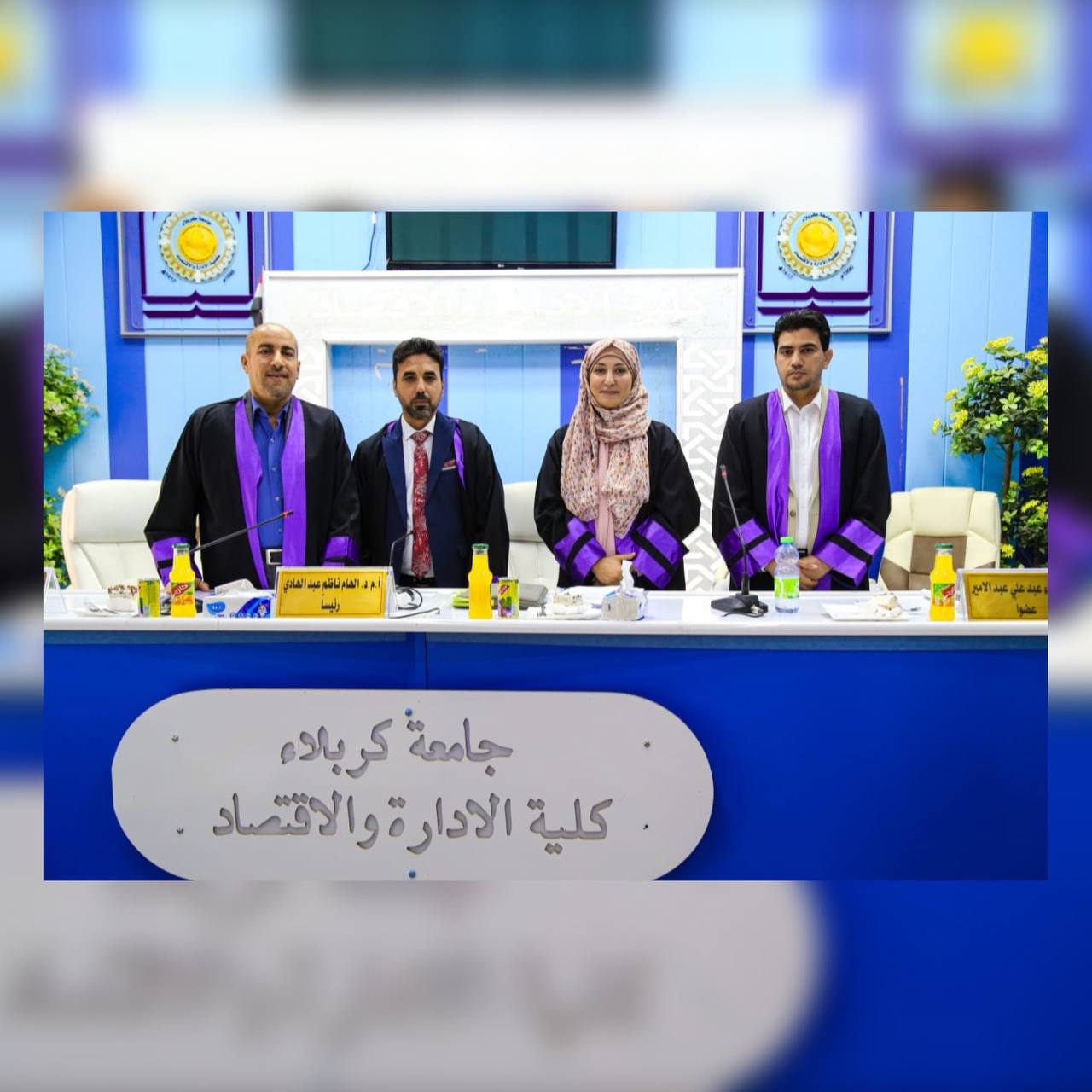The impact of strategic leadership on continuous improvement processes
Submitted search
To the Council of the College of Administration and Economics / University of Karbala
It is part of the requirements for obtaining a higher diploma in project management sciences
Submitted by
Muslim Hammoud Mokhd
Supervised by
Assistant Professor Dr. Mohamed Turkish
Abstract
The current research aims to show the effect of strategic leadership on continuous improvement processes within the community that was chosen, represented by the University of Maysan, as the sample included (181) employees, which is an intentional sample that also represents the community. (Vision, organizational culture, human capital, ethical practices), while the dependent variable (continuous improvement processes) was measured in five dimensions, which were represented by (top management support, employee participation, trust, rationality of decision, training).
The importance of the research in understanding and realizing the academic leaders represented by (deans of colleges, department heads, department officials and all administrative units) for the level of influence on continuous improvement processes, the main research problem was represented by the question that states how strategic leadership affects continuous improvement processes at the University of Maysan as a community for the research sample The research relied on the questionnaire, where the questionnaire form was designed as a main tool for data collection, which was prepared by the researcher based on measures to explore the correlation and influence relationships between the research variables. Statistical programs (Amos.v.20, Spss.v.25), where a set of statistical methods were relied upon (standard deviation, arithmetic mean, relative importance, Likert quintuple scale) and other statistical methods, the researcher relied on the descriptive analytical approach .
It was found that one of the most important conclusions reached is that strategic leadership is one of the basic tools that help the organization improve its performance through low cost, distinctive quality, high flexibility and timely delivery. The most important recommendation is the importance of defining clear criteria for evaluating the organization’s strategy of operations, which is determined in It highlights the success of this strategy.
Keywords: strategic leadership, continuous improvement processes.































































